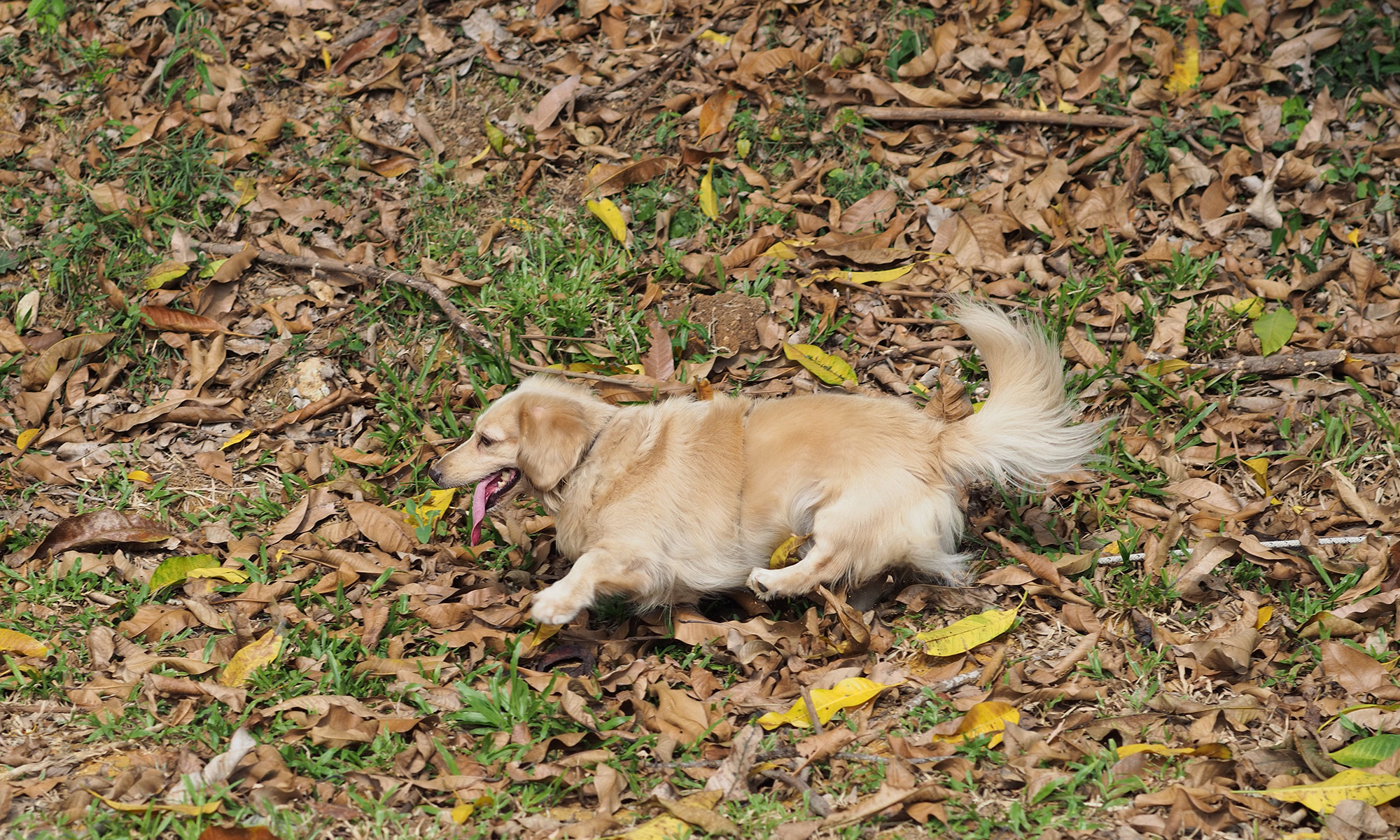So I got a chance to speak to Jason Chan, (whom I’ve just discovered is a Malaysian – thanks to Wikipedia, where I also discovered that Jason Chan has a fan site! Wahhh!) about film / tv sets.
It all started when I told him how much I enjoyed watching his performance in a particular scene (one tiny little scene that would seem insignificant in light of all the others that he did) on Parental Guidance (PG). Jason Chan plays Terenece the ex-fiance of Ling (Jessica Hester Hsuan) in this show that also stars Adrian Pang.
It’s a really simple scene. Terence comes into a meeting room where Ling has just concluded a meeting and invites her out for dinner. As he says his lines, Terence feels up a table.
That blew me away. That simple gesture of stroking the surface of a table was so powerful to me because Terence is a character who lives life in details. He notices the texture of material, is concerned with threadcount, the suitability of skin care products on skin types and so on.
On watching that, I thought that Jason Chan was so into character that he was doing that.
When I told Jason Chan about that, he seemed a little surprised. His response was a “wow”. I don’t think it even occured to Jason Chan that he was doing that. Perhaps he didn’t even realise that he had made a decision to stroke the table.
But I believe that it was a subsconcious decision that he made as an actor because when I mentioned the scene, he knew exactly what I was talking about. He had no difficulty recalling what he had done. He also remembered stroking the table and as he recalled it, his hand also felt the air as if he was right back there at that location doing the scene, touching the surface of the table. If I’d probed, he’d probably be able to tell me if the table was smooth or not or if there had been a chip on the glass.
So we went on to talk about how sets are run. I don’t know how it happened, but somehow we got into how personnel behave on film sets.
Jason Chan told me that in international productions, all the other extra crew like the grip will look away when the actor is acting. This is so that the actor never catches that persons’ eyeline and becomes distracted, because the camera can pick it up.
He mentioned how on some film/TV sets the First AD would yell “sound! camera ready! action!” very loudly. He said this was fine on a comedy set, but not on a dramatic set, especially where the actor was really drawing on some deeply emotional stuff. He cited Nine Lives as an example of some deeply emotional stuff that he had to draw upon. Unfortunately, I never caught Nine Lives when it was on air.
As you know, there were some issues with the First AD and Joan Chen on the set of Leap of Love concerning the volume of “action“.
Having received practically all of my hands on experience on sitcom sets, you can understand why a loud “action” doesn’t make me think twice. I recently caught Oprah interviewing the cast of Will and Grace. When asked what they’d miss the most with the end of Will and Grace, Debra Messing replied, “the laughs”.
And it’s true. On comedy sets people are talking and laughing and having a really good time. Even when the cameras are not running, there’s a lightness about everything. You can yell action till the cows come home and you’re still good to go.
No matter what, I guess directors (and all those who work around actors) really have to understand an actors’ process to give them a suitable environment in order for actors to prepare themselves.
And hey, maybe there’s some moody comedian out there who demands a quiet set in order to be funny. I mean, I’ve only seen Jim Carey on the big screen. Never read interviews about how he works, but I don’t know why, he looks like the kind of guy who’d get awfully depressed. Maybe he needs his quiet time to kill his demons to get to being funny before “action” is yelled.
